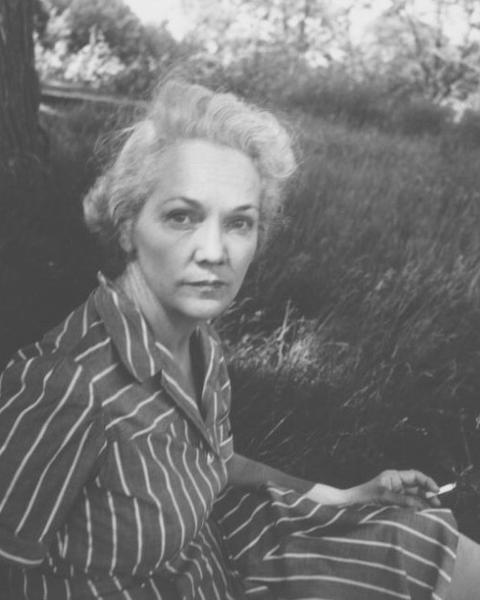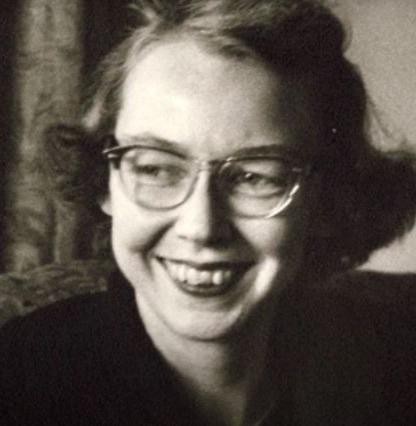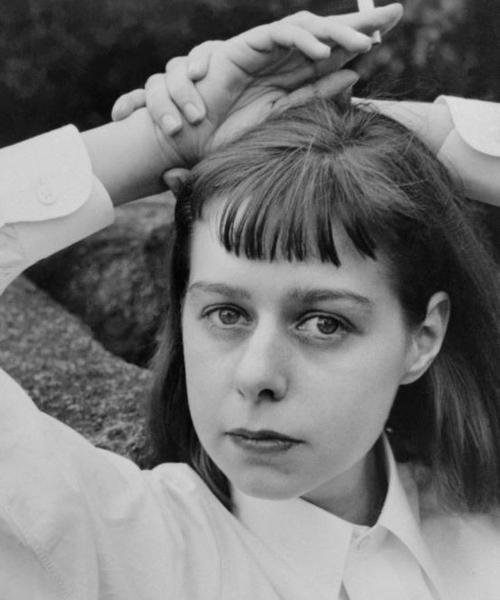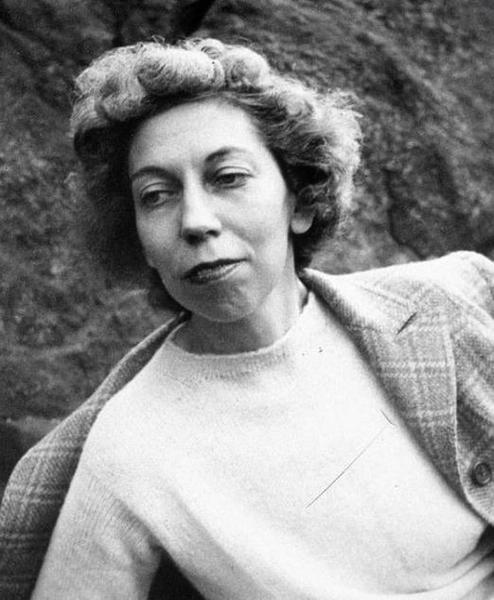Dissertation | University of Texas at Dallas | PhD | 2008
NOT YOUR FATHER’S SOUTHERN GROTESQUE: FEMALE IDENTITY IN THE SHORT FICTION OF EUDORA WELTY AND CARSON MCCULLERS
This dissertation focuses upon use of the grotesque in Southern literature, specifically analyzing how two Southern women writers—Eudora Welty and Carson McCullers—used this mode to showcase the social, cultural, and historical condition of women in the first half of the twentieth century. After first providing contextual background upon the genre of Southern literature (explaining the standard accepted characteristics of the literature as relative to this study) and outlining the evolution of the grotesque from an artistic aesthetic to a literary mode with disparate definitions, I separately discuss each author’s use of the grotesque in depth along with its resulting effect. Each begins with more visually apparent physical grotesques in her early work and later evolves to a nuanced, internalized grotesque that reveals her female characters’ “inner-freaking out.”
Each author also begins her career pursuing a different artistic medium, moving to writing when she finds that it offers greater possibilities of communication. Welty begins as a photographer and transmutes her photographic method into fiction to create visual grotesques early on. In her mature work, modeling after her mentor, Virginia Woolf, she uses intertextuality and the short story cycle to show the entrapments of women, obligations and expectations that hinder her identity. Similarly, McCullers trained to be a concert pianist. After moving to fiction as her method of expression, she continues to use music as both theme and narrative technique—almost every piece throughout her entire canon contains some element of musicality. Following after her mentor, Fyodor Dostoevsky, she uses a complex grotesque to explore the possibility of an authentic feminine self.
“My identities and sympathies, then, are all with the Southern grotesque, having been one and known more than a few.”
—Patricia Yaeger, Dirt and Desire






